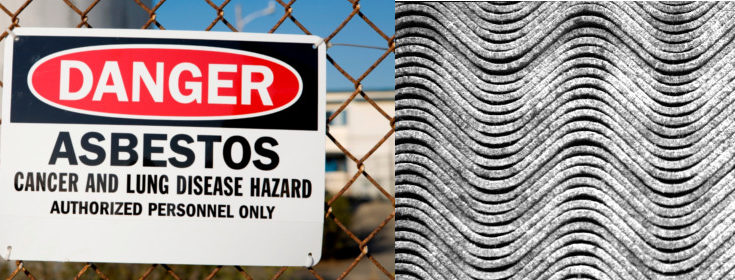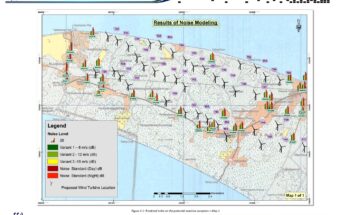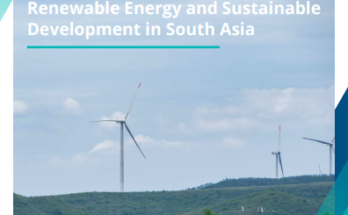Sri Lanka is taking necessary steps to cut-down imports of Asbestos due to health issues caused by Asbestos related products and due to difficulties faced by the local roofing products manufacturers, says Minister of Environment Mahinda Amaraweera. Minister talked about these plans in a recent press briefing held at the Ministry of Environment. According to Minister Amaraweera Asbestos has now become an environmental problem as well because there is no proper safe system to dispose Asbestos products in Sri Lanka.

“Government is now looking forward to stop using Asbestos roofing in Schools and pre-schools first. We have already submitted a cabinet paper with the proposal. And we hope this move will help the local roofing product manufacturers to regain their market in Sri Lankan roofing products sector. Specially the local clay tile industry had been hit hard by the cheap Asbestos roofing sheets and this industry has almost gone extinct in Sri Lanka. ” Minister Amaraweera emphasized.
According to World Health Organization Asbestos Asbestos is one of the most important occupational carcinogens, causing about half of the deaths from occupational cancer. World Health Assembly (WHA) Resolution 58.22 from 2005 on cancer prevention and control urged Member States to pay special attention to cancers for which avoidable exposure is a factor, particularly exposure to chemicals at the workplace and in the environment. In 2007, WHA Resolution 60.26 called for global campaigns to eliminate asbestos-related diseases, and in 2013, WHA Resolution 66.10 addressed prevention and control of noncommunicable diseases, including cancer.
A research paper published in 2019, it was highlighted that in Sri Lanka workers and others who clean up asbestos-containing materials are at a great risk of health related implications which are directly related to Asbestos exposure. The paper also mentioned the problem of under reporting Asbestos related health problems that has led to a false sense of assurance about lack of disease from Asbestos exposure.
Many countries around the world have already taken steps at a national level to prohibit the use of all forms of asbestos to limit exposure and so control, prevent and ultimately eliminate asbestos-related diseases, from which at least 107 000 people die each year globally. However, there are other countries like Sri Lanka that, for a range of reasons, have yet to act in the same manner.
In 2015 Sri Lanka imposed a ban on Asbestos products which was to be effective from 2018, but it was later shifted to 2024. It was clearly visible that there was a huge international political pressure specially from the Asbestos exporting countries behind that late decision to shift the proposed ban to 2024.




